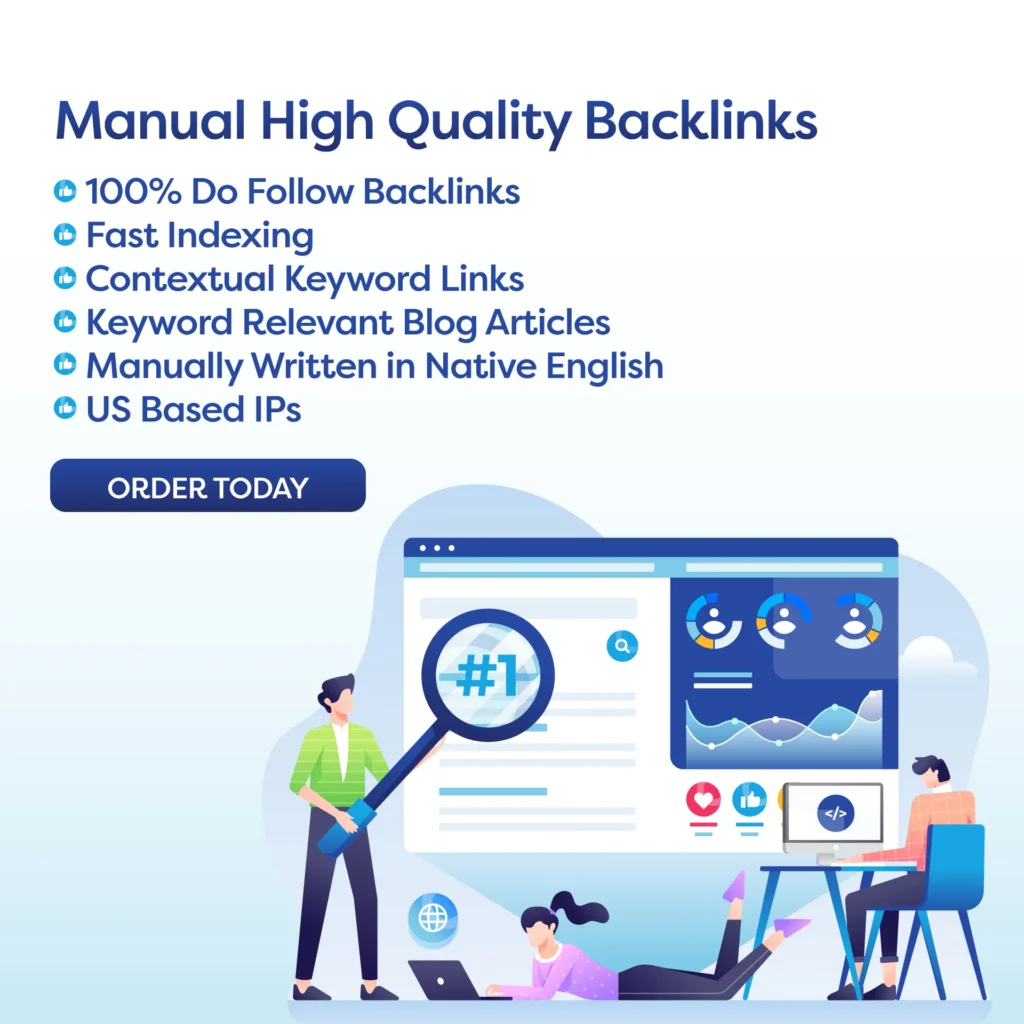On-Page SEO: Optimize Your Way to the Top
What is On-Page SEO?
If you have a website, you’ve probably heard of SEO (Search Engine Optimization). It’s the process of optimizing your website to rank higher in search engine results pages (SERPs). And while there are various aspects of SEO, on-page SEO is an essential part of the puzzle.
Why is On-Page SEO Important?
On-page SEO refers to the optimization of individual web pages in order to improve their search engine ranking and attract more organic traffic. This includes optimizing elements such as titles, meta descriptions, image alt tags, headings, and content. By implementing on-page SEO strategies, you are making it easier for search engines to understand and index your website, which can result in higher rankings and increased visibility.
The Key Elements of On-Page SEO
1. Titles and Meta Descriptions
The title and meta description are the first things that users see in search results, making them crucial for click-through rates. The title should accurately describe the content of the page and include relevant keywords. Meta descriptions should be concise and provide a summary of what the page is about, also including keywords.
2. Heading Tags
Heading tags (H1, H2, H3, etc.) help organize the content of your page and make it easier for both users and search engines to understand. The H1 tag should be used for the main title of the page, while H2 and H3 tags can be used for subheadings.
3. Image Optimization
Images not only make your website visually appealing, but they can also improve your SEO. By optimizing your images with descriptive file names and alt tags, you are providing more information for search engines to understand the content of your page. This can also help with image search rankings.
4. Quality Content
One of the most important aspects of on-page SEO is having high-quality, relevant content. This not only keeps users engaged and on your website longer, but it also signals to search engines that your website is a valuable resource. Make sure your content is well-written, informative, and includes relevant keywords.
5. User Experience
Having a website that is user-friendly and easy to navigate is not only important for user experience but also for SEO. Search engines take into account factors such as page load speed and mobile responsiveness when ranking websites. Make sure your website is optimized for a seamless user experience.
Tips for Implementing On-Page SEO
Now that you understand the importance of on-page SEO, here are some tips for implementing it effectively:
- Research and use relevant keywords throughout your content
- Make sure your website has a clear and logical structure
- Regularly update and add new, high-quality content
- Optimize your website for mobile devices
- Include internal and external links to other relevant pages
- Use descriptive URLs for your pages
- Utilize social media to promote your content and drive traffic to your website
In Conclusion
On-page SEO plays a crucial role in the success of your website. By following the key elements and tips mentioned above, you can optimize your website to rank higher in search engine results and attract more organic traffic. Remember, consistently monitoring and updating your on-page SEO strategies is essential for maintaining and improving your website’s visibility. With the right techniques, you can optimize your way to the top of search engine rankings.
